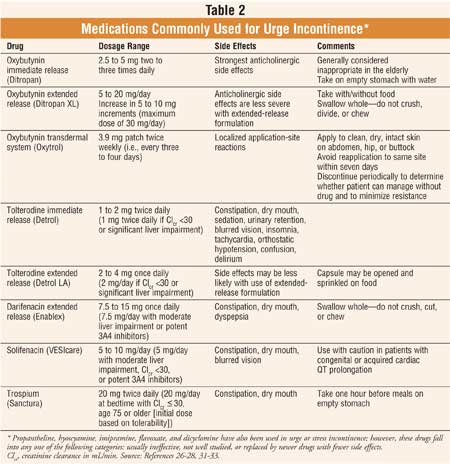Medications That Cause Constipation In The Elderly. In patients with a poor response to. You May Be Able To Talk With A Doctor Online.

Common Types of Constipation in the Elderly There are a few different types of constipation.
Narcs, NSAIDs, Anticholinergics: Older antihistamines, TA, Antispasmodics, anticholinergic anti-parkinsons medications, diuretics, metallic cations: aluminum, calcium, iron, barium.
Several commonly used medications can cause or worsen constipation in older adults. Chronic constipation is a common issue for seniors. Constipation can be uncomfortable and when left untreated can become a serious issues. There are a number of factors related to aging that can contribute to constipation in the elderly, including: medications, general loss of muscle tone, decreased physical activity, decreased taste/smell, eating and drinking less and more difficulty with functional activities such as preparing meals. Constipation is an issue that many older adults deal with on a regular basis. These include some drugs used to treat depression, antacids containing aluminum or calcium, iron supplements, some allergy medicines (antihistamines), certain painkillers, some drugs for high blood pressure, including diuretics, and some drugs used to treat Parkinson's disease.
Possible suspects Many medications can contribute to constipation, including the following: Antidepressants, such as the selective serotonin reuptake inhibitor fluoxetine (Prozac) or tricyclic antidepressants such as amitriptyline (Elavil). "A lot of antidepressants that treat the nerve endings in the brain also affect nerve endings in the gut. Several commonly used medications can cause or worsen constipation in older adults. Learn About A Potential Treatment Option And Download A Doctor Discussion Guide Today. Taking medications can also cause constipation especially in the elderly which can affect their bowel movements. Medications for constipation are listed in. These are not the only factors, decreased food intake can also cause constipation; an underactive thyroid or sometimes just plain dehydration affects the elderly.
Anyone is susceptible to this digestive problem from infants to the elderly. Common culprits include drugs that treat overactive bladder, prostate problems, Parkinson's disease, or high blood pressure—especially calcium channel blockers. Treatment of chronic idiopathic constipation is empiric, based on the stepwise approach.






